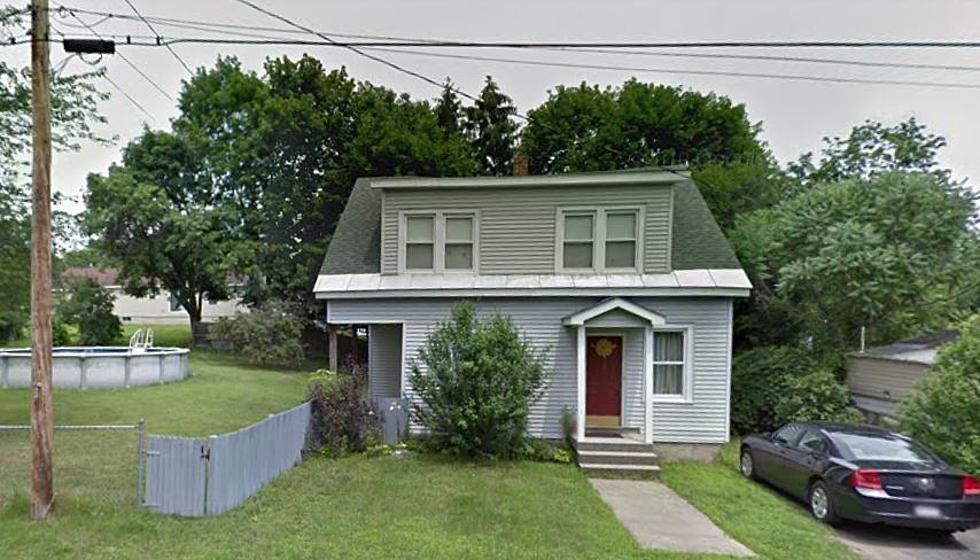
Can Your Landlord Raise Your Rent In New York State?
If you rent from a landlord and they have tried to raise your rent in the last 12 months, make sure you show them this.
New York Attorney General Letitia James issued an official statement addressed to landlords on Monday that they are not to raise a tenant’s rent if they accept Pandemic Rental Assistance from the state’s Emergency Rental Assistance Program, which was recently expanded in the state’s budget.
According to the press release from the Attorney General, “Landlords who accept ERAP payments cannot raise rent for 12 months.”
“This program was created to support struggling tenants and keep New Yorkers in their homes during the pandemic,” Attorney General James said. “Landlords who accept payments from the state yet are still raising rents are double dipping and breaking the law.”
If you are a tenant who has accepted ERAP payments but received a new lease that included rent increases from your landlord, you can contact the Attorney General’s office for a follow-up.
The Emergency Rental Assistance Program is a rental relief program designed to support low- and moderate - income tenants in New York State who could not pay their rent during the pandemic. ERAP started in June 2021, and according to the Attorney General’s office, it has provided hundreds of thousands of New Yorkers with the financial support they needed to pay off their back rent. It also helped to pay up to 12 months of gas or electric that was accumulated on or after March 13, 2020.
If your landlord accepted ERAP payments from you as a tenant, that means they accepted the following terms:
- The landlord will not increase the monthly rental amount for one year from receipt of the ERAP payment;
- The landlord will waive any late fees due on any rental arrears covered by the ERAP payment; and
- The landlord will not evict ERAP recipients when their lease expires.
If you are a tenant who has received ERAP payments, Attorney General Letitia James offers these four tips as a guide when going forward:
- Return leases that have a rent increase.
- Monitor your rent statements to make sure there is no sudden increase.
- Do not ignore court papers.
- Speak with an attorney. If your landlord is taking you to court or you have questions about your lease, you should speak with an attorney.
If you or someone you know might need free legal representation, click here.
Unique AirBnb Rental Is Just South Of Buffalo, New York
Buffalo Shares Their Favorite Memories Of The Aud
22 Ways Life Was Different in WNY Before Facebook
More From 107.7 WGNA
![Capital Region Pet Owner Pays Tribute to Dog w/Heartfelt Obituary [PIC]](http://townsquare.media/site/81/files/2022/04/attachment-WGNA.COM-2022-04-18T121906.562.jpg?w=980&q=75)








